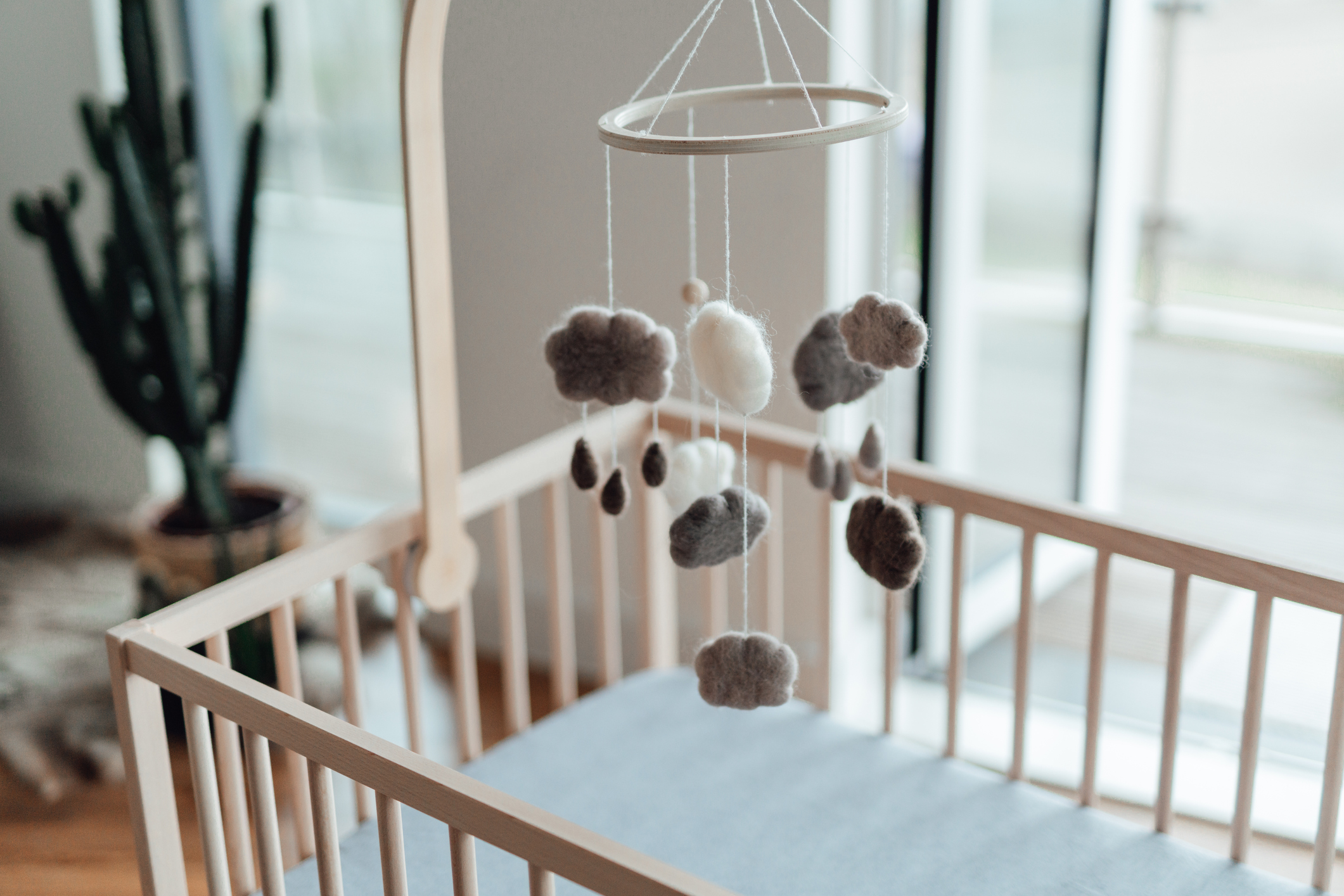Sudden unexpected infant deaths spiked among Black babies in 2020, CDC finds


A free daily email with the biggest news stories of the day – and the best features from TheWeek.com
You are now subscribed
Your newsletter sign-up was successful
A new study shows that the rate of sudden and unexpected infant deaths spiked in the first year of the pandemic, especially amongst black infants, "even as overall infant mortality dropped to a record low," CNN reports.
The findings were part of research published Monday by the Centers for Disease Control and Prevention. The study found 3,300 sudden infant deaths among babies of all races in 2020, a 15 percent increase from the previous year. Around one out of every six cases was classified as sudden unexpected infant deaths (SUID), "a broad classification of deaths that includes sudden infant death syndrome, known as SIDS, along with accidental suffocation and strangulation in bed and other unknown causes," CNN explains. While the SUID rate for white babies was at its lowest since 2017, "the rate for Black babies in 2020 was the highest it has been since then."
The researchers believe that the rising SUID rates in 2020 were "likely attributable to diagnostic shifting — or reclassifying the cause of death," The Washington Post writes. While the causes of the spike in "sleep-related deaths" of Black babies remain unclear, the jump coincided with the beginning of the COVID pandemic, which, the Post says, "disproportionately affected the health and wealth of Black communities." The researchers pointed out that the "pandemic exacerbated overcrowded housing, food insecurity, and other stressors, particularly among Black families — potentially leading to less safe sleeping practices, such as bed-sharing."
The Week
Escape your echo chamber. Get the facts behind the news, plus analysis from multiple perspectives.

Sign up for The Week's Free Newsletters
From our morning news briefing to a weekly Good News Newsletter, get the best of The Week delivered directly to your inbox.
From our morning news briefing to a weekly Good News Newsletter, get the best of The Week delivered directly to your inbox.
Sharyn Parks, one of the study's co-authors and an epidemiologist at the CDC's Division of Reproductive Health, said there are two key takeaways from the study — the need for scientists to examine factors like economic disparities, "as well as the need for parents to remember the practical steps they can take," per the Post.
"We want to continue emphasizing safe infant sleep practices, putting babies on their backs and removing all soft bedding," Parks said.
A free daily email with the biggest news stories of the day – and the best features from TheWeek.com
Theara Coleman has worked as a staff writer at The Week since September 2022. She frequently writes about technology, education, literature and general news. She was previously a contributing writer and assistant editor at Honeysuckle Magazine, where she covered racial politics and cannabis industry news.
-
 Nuuk becomes ground zero for Greenland’s diplomatic straits
Nuuk becomes ground zero for Greenland’s diplomatic straitsIN THE SPOTLIGHT A flurry of new consular activity in the remote Danish protectorate shows how important Greenland has become to Europeans’ anxiety about American imperialism
-
 ‘This is something that happens all too often’
‘This is something that happens all too often’Instant Opinion Opinion, comment and editorials of the day
-
 House votes to end Trump’s Canada tariffs
House votes to end Trump’s Canada tariffsSpeed Read Six Republicans joined with Democrats to repeal the president’s tariffs
-
 Scientists are worried about amoebas
Scientists are worried about amoebasUnder the radar Small and very mighty
-
 A Nipah virus outbreak in India has brought back Covid-era surveillance
A Nipah virus outbreak in India has brought back Covid-era surveillanceUnder the radar The disease can spread through animals and humans
-
 Trump HHS slashes advised child vaccinations
Trump HHS slashes advised child vaccinationsSpeed Read In a widely condemned move, the CDC will now recommend that children get vaccinated against 11 communicable diseases, not 17
-
 Deaths of children under 5 have gone up for the first time this century
Deaths of children under 5 have gone up for the first time this centuryUnder the radar Poor funding is the culprit
-
 A fentanyl vaccine may be on the horizon
A fentanyl vaccine may be on the horizonUnder the radar Taking a serious jab at the opioid epidemic
-
 Health: Will Kennedy dismantle U.S. immunization policy?
Health: Will Kennedy dismantle U.S. immunization policy?Feature ‘America’s vaccine playbook is being rewritten by people who don’t believe in them’
-
 More adults are dying before the age of 65
More adults are dying before the age of 65Under the radar The phenomenon is more pronounced in Black and low-income populations
-
 Ultra-processed America
Ultra-processed AmericaFeature Highly processed foods make up most of our diet. Is that so bad?
